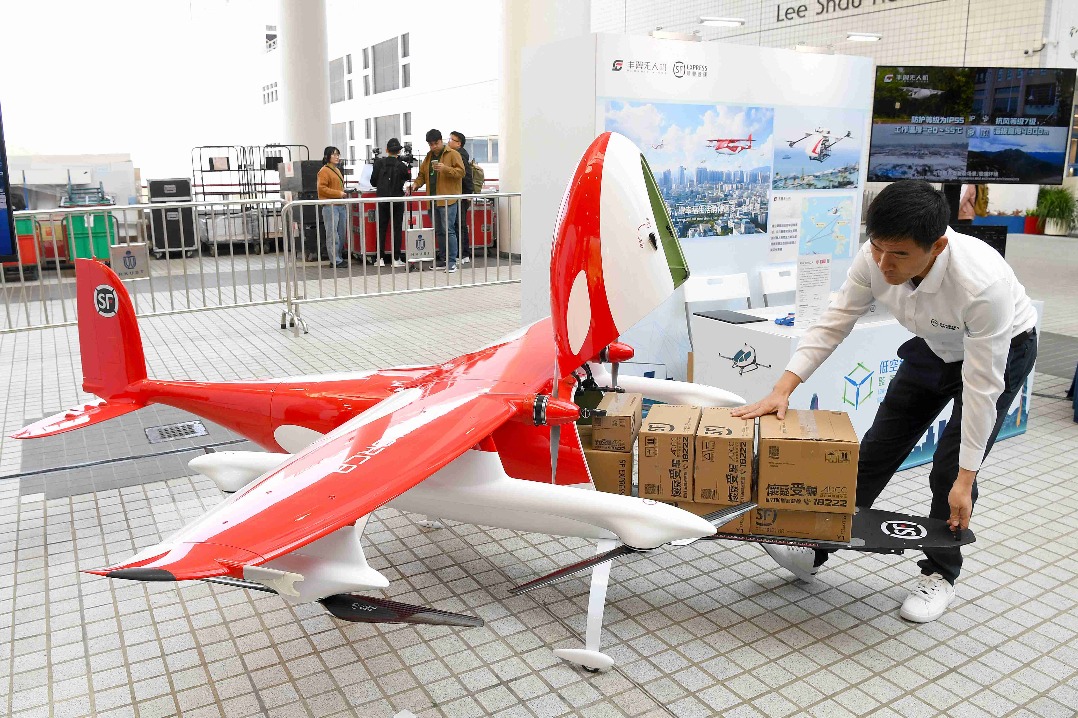Meal replacements taking their place at table


Weight-conscious desire to reduce calories, save money, feeding sector nationwide
With the influx of significant capital and numerous players vying for a piece of the pie, the meal-replacement market in China is piping hot.
A meal replacement is a drink, bar, soup or other edible intended as a substitute for a solid food meal.
Euromonitor International, a market research company, said that China is currently the fastest-growing market for meal replacements, forecasting that it could top 57.2 billion yuan ($8.8 billion) in 2017 and reach 120 billion yuan in 2022.
China had 610 million potential meal replacement consumers last year, according to an analysis report from ITJUZI, a business information service provider. Data released by Tmall showed that in the past three years, each person had spent on average more than 3,000 yuan on meal-replacement products per year.
A report on consumption trends for meal replacements in the market by Chinese research firm CBNData said that both domestic consumption and the number of consumers grew by over 50 percent last year.
Several fundraising activities have recently taken place in the Chinese meal-replacement sector. Wang Baobao, one of the most popular brands in the industry, completed three rounds of fundraising in 2020, raising over 100 million yuan in the series C round. Many new players in the market like Ffit8 and Sharkfit also reaped more than 10 million yuan each in their first round of financing.
Jason Yu, general manager of consultancy Kantar Worldpanel China, attributed the surging popularity of meal replacements in part to rising health awareness amid the COVID-19 pandemic.
"Due to the pandemic, people have begun to attach more importance to their health and exercise, and meal replacements help manage weight at normal levels," Yu said.
He also mentioned other factors contributing to the booming sector, including shifts in consumers' eating habits from Chinese fare to Western foods, innovations in meal-replacement products and the birth of more online and offline retailers making purchasing more convenient.
Though meal replacements have become a hot sector and even a necessity for a growing number of Chinese, the general public still cannot agree on what actually constitutes a meal replacement.




































